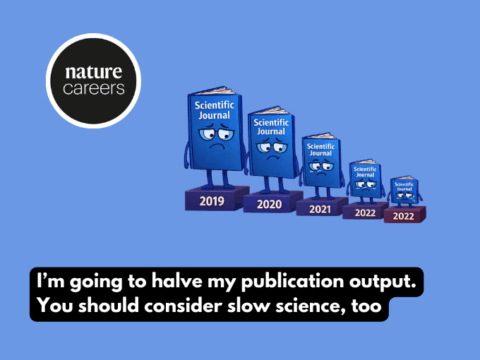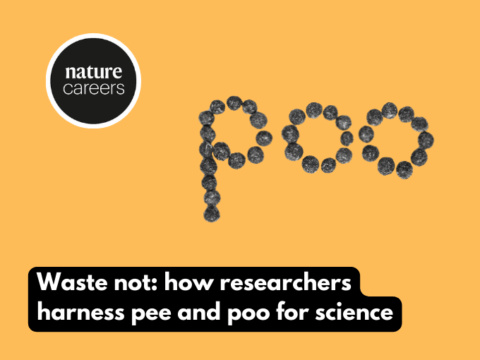 Some 22,000 miles above Earth’s surface, NASA’s Solar Dynamics Observatory — a solar-monitoring satellite launched in 2010 — bristles with high-tech sensors. Yet one of the Earth-bound systems that supports those sensors was, until 2015, decidedly old-school.
Some 22,000 miles above Earth’s surface, NASA’s Solar Dynamics Observatory — a solar-monitoring satellite launched in 2010 — bristles with high-tech sensors. Yet one of the Earth-bound systems that supports those sensors was, until 2015, decidedly old-school.
“The Hollywood depiction of cutting-edge science is always super fancy,” says James Mason, now a solar physicist at the University of Colorado Boulder, whose team built one of the Solar Dynamics Observatory instruments.
But the first time Mason visited the White Sands Test Facility, a laboratory in New Mexico that launches rockets to calibrate his team’s instrument, he was shocked to find data streaming to a boxy, custom-built 1980s-era desktop computer, spitting out lines of pixelated, greenish-yellow text. “It’s so old I can’t find any information about it on the Internet,” Mason says.
His experience is not unusual. Antiquated computers are common in science, from geochemistry and linguistics to biochemistry and microscopy. Often an old computer is hooked up to an expensive piece of scientific kit — a microscope or chromatography system, for instance — with software that is incompatible with newer computers or too expensive to upgrade. Sometimes the old computer just refuses to die, or is so in demand that it’s impractical to decommission it for long enough to upgrade it. “Some of the equipment I use is older than I am,” says Kristin Low, a biochemist and entomologist in her mid-30s at Agriculture and Agri-Food Canada, based in Lethbridge, Alberta.
As the saying goes, ‘If it ain’t broke, don’t fix it.’ Whatever the reason, for many scientists, keeping their old computers ticking over is of paramount concern — and a labour of love.
Read the rest of this article on the Nature Careers Website – https://www.nature.com/articles/d41586-021-01431-y

 Print This Post
Print This Post




